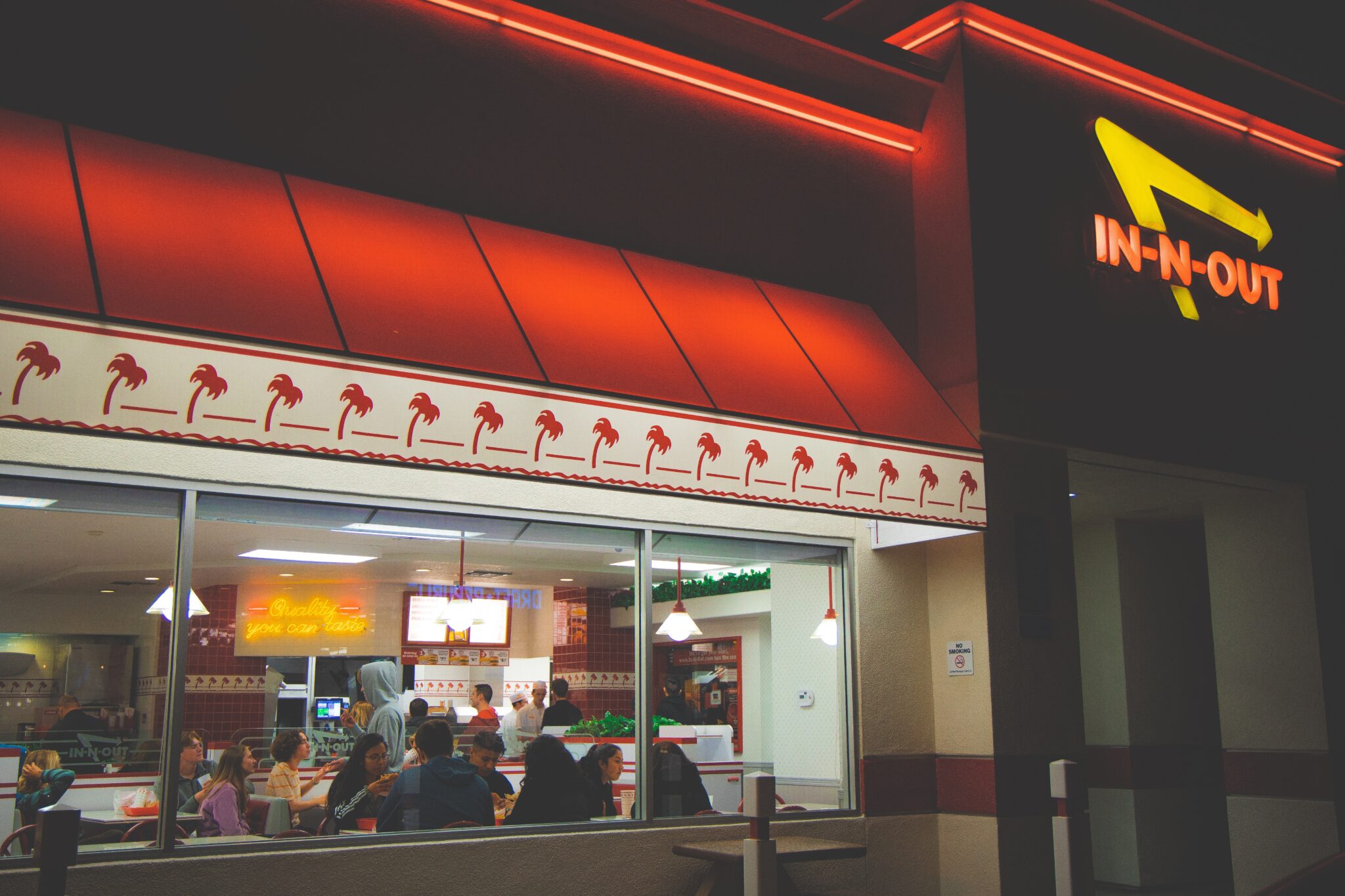
John Fry is a student at Harvard Law School.
In today’s news and commentary, unions and fast food companies reach a deal in California; Massachusetts certifies ballot questions on gig worker status; and reality TV stars consider unionizing.
Unions and fast food companies in California struck a deal on Monday to set a new $20/hour minimum wage for the state’s fast food workers, with a pathway to future raises. California’s FAST Act, passed last year, created a council with the power to set wages and standards for the industry statewide. Employers responded by seeking to place a referendum on the FAST Act on the 2024 ballot, a maneuver reminiscent of Proposition 22, which Uber and other gig companies sponsored in California in 2020. As part of the bargain, the industry will cancel its referendum effort; unions will end their attempt to make fast food corporations liable for the labor violations of franchisees; and state legislators will no longer move to revive California’s Industrial Welfare Commission, which was considered an “insurance policy” in the event of the FAST Act’s repeal.
Competing ballot initiatives have been certified regarding the status of gig workers in Massachusetts, in the latest installment of another Proposition 22-esque saga that Elyse and others have covered. Gig companies’ proposal was blocked in 2022 for its potential to confuse voters by posing multiple unrelated questions under one umbrella. The industry’s latest proposals would define gig workers as independent contractors, guarantee them a minimum wage, and create new benefits like healthcare stipends, which may be difficult for workers to qualify for. A competing proposal backed by Service Employees International Union Local 32BJ would grant gig workers the right to unionize and collectively bargain. The union’s proposal is silent on gig workers’ classification as employees or independent contractors. Both sides have until December to collect enough signatures to qualify for the 2024 ballot.
A reality TV star’s call for a Real Housewives union is drawing attention to labor conditions in reality TV. “Networks and streamers have been exploiting people for too long,” says Real Housewives of New York City star Bethenny Frankel. Unlike unionized actors and writers in SAG-AFTRA and the Writers Guild, reality TV performers do not receive residuals from streaming or other reruns. Furthermore, the Bravo network claims part ownership of businesses that performers start while on a Real Housewives show. By contrast, when Bravo sells merchandise featuring quotes from a show, the performers who uttered the quotes receive nothing. SAG-AFTRA has expressed interest in organizing the reality performers, and labor law expert Catherine Fisk says that existing contracts for film “extras” could be a promising model for reality TV.






Daily News & Commentary
Start your day with our roundup of the latest labor developments. See all
April 26
Starbucks and Workers United resume bargaining talks; Amazon is ordered to disclose records; Alabamians support UAW’s unionization efforts.
April 25
FTC bans noncompete agreements; DOL increases overtime pay eligibility; and Labor Caucus urges JetBlue remain neutral to unionization efforts.
April 24
Workers in Montreal organize the first Amazon warehouse union in Canada and Fordham Graduate Student Workers reach a tentative agreement with the university.
April 23
Supreme Court hears cases about 10(j) injunctions and forced arbitration; workers increasingly strike before earning first union contract
April 22
DOL and EEOC beat the buzzer; Striking journalists get big NLRB news
April 21
Historic unionization at Volkswagen's Chattanooga plant; DOL cracks down on child labor; NY passes tax credit for journalists' salaries.